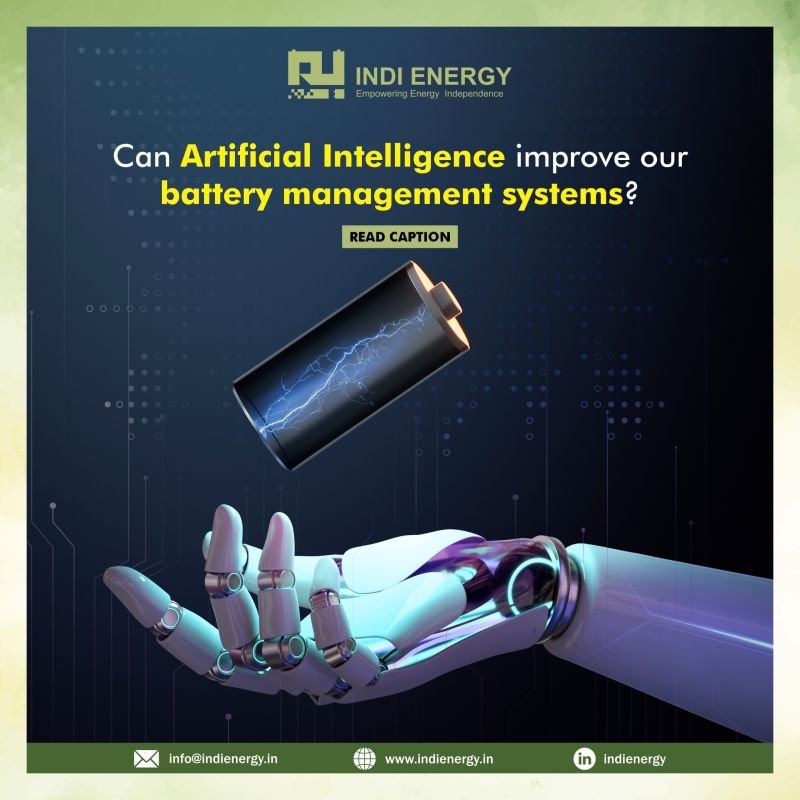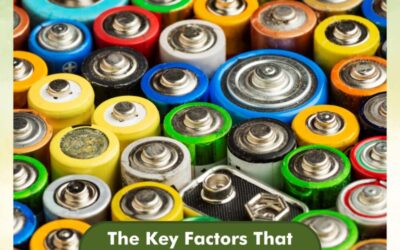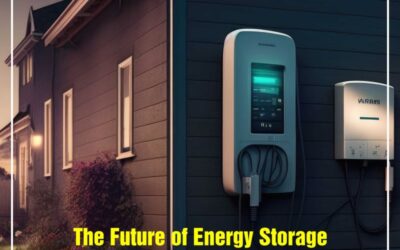
Welcome back to Indi Energy’s sixteenth edition of “Sodium-ion Batteries Technology Updates.”
Indi Energy, a DRDO 3.0 and National Startup Award winner, is an energy storage startup from India that is developing and commercializing sodium ion batteries. We consciously chose to research and develop because, apart from being a good choice for the environment, the performance of our batteries also speaks for itself. Exploring the vast landscape of battery materials, sodium is a beacon of hope. It’s abundant and cost-effective, and with Indi Energy’s ‘Made in India’ Sodium ion batteries and customizable sodium-ion battery packs, we are ready to redefine energy storage solutions sustainably.
In this sixteenth edition of “Sodium ion Battery Technology Updates,” we are going to address the role of artificial intelligence in battery management systems and why sodium-ion batteries have a lower self-discharge rate in comparison to the existing battery technology on the market.
Can Artificial Intelligence Improve Battery Management Systems?
This is an intriguing question because, at the rate at which artificial intelligence is developing, it has a significant potential to enhance the battery management system of sodium-ion batteries. Look at how companies like Apple, Samsung, Tesla, and BMW have already begun incorporating AI into the BMS of their products’s batteries to optimize usage further.
AI algorithms can be leveraged for data analysis, through which large volumes of battery performance data can be processed to identify patterns and trends, enabling more informed decision-making. This will facilitate predictive maintenance strategies, allowing for the early detection of potential issues and, of course, improving the overall performance of the battery.
But that’s not all. By adjusting parameters in real time based on environmental factors, artificial intelligence can take charging protocols to the next level, ensuring efficient charging while preventing overcharging and extending the battery’s life.
Artificial intelligence algorithms can also accurately estimate the state of charge of sodium ion batteries, leading to better energy utilization and overall system efficiency. The integration of AI into the battery management system offers enhanced performance, lifespan, and reliability and drives the broader adoption of sodium-ion batteries across various applications. However, there are limiting factors to this progress, such as computational limitations, inefficient data security of battery data, and the complete absence of regulatory compliance, but the future does look promising.
Why do sodium-ion batteries have a lower self-discharge rate?
Before addressing this question, we must learn about the discharge rate process and how it affects a battery’s life. A battery discharge rate is the current a battery can deliver at a given time. It is usually expressed as a percentage of the battery’s capacity (the total amount of energy that a battery can store). The higher the discharge rate, the faster the battery drains. Battery life is the number of cycles a battery can undergo before its capacity drops below a certain level, which is usually 80% of its original value. The more a battery is discharged, the more stress is put on the internal components, namely the electrodes, electrolytes, and separators. This leads to a chemical reaction that degrades the battery’s quality and reduces its capacity over time. This is why, the higher the discharge rate, the shorter the battery life.

Meanwhile, self-discharge is a process where batteries lose the stored charge without any connection between electrodes or any external circuits. Self-discharge decreases the shelf-life of batteries, which is why they have less than a full charge when used, making unmonitored or long-idle applications difficult.
This is where Indi Energy’s sodium-ion batteries are different because they utilize more stable electrode materials and electrolytes, forming a solid electrolyte interface (SEI) that reduces side reactions. The likelihood of spontaneous reactions decreases with the slower diffusion rate of sodium ions. Further, the electrodes also passivate over time, which further limits the active sites for unwanted reactions. The improved cell design and our manufacturing process minimize electrolyte leakage and exposure to contaminants. They are some of the few factors that are collectively contributing to our sodium-ion batteries’ ability to retain their charge over extended periods, making them suitable for applications that require long-term energy storage without frequent recharging.
At Indi Energy, we are working toward increasing the adaptability of products that not only accommodate technical advancements but find perfect use in existing technologies as well. Simpler applications like solar lamps, home inverters, UPS systems, stabilizers, I.C.E. automobiles, etc. are ready to harness the potential of our current offerings, and even defence research organizations are watching our progress keenly. As the demand for renewable energy soars, Indi Energy’s sodium-ion batteries will be a vital component, accelerating the transition toward a sustainable energy landscape.
After completing ground-breaking research in sodium ion technology for energy storage, we are inviting partnerships with industries, investors, and manufacturers to take the lead and incorporate our revolutionizing products to make their businesses better and overhaul electric storage systems.
At Indi Energy, our goal is not only innovation but also making our innovation accessible globally. We invite you to connect with us on Facebook and LinkedIn, or through our contact page. Share your thoughts and expertise, and we promise you that together we shall set off on a path to a sodium-ion-powered future.






